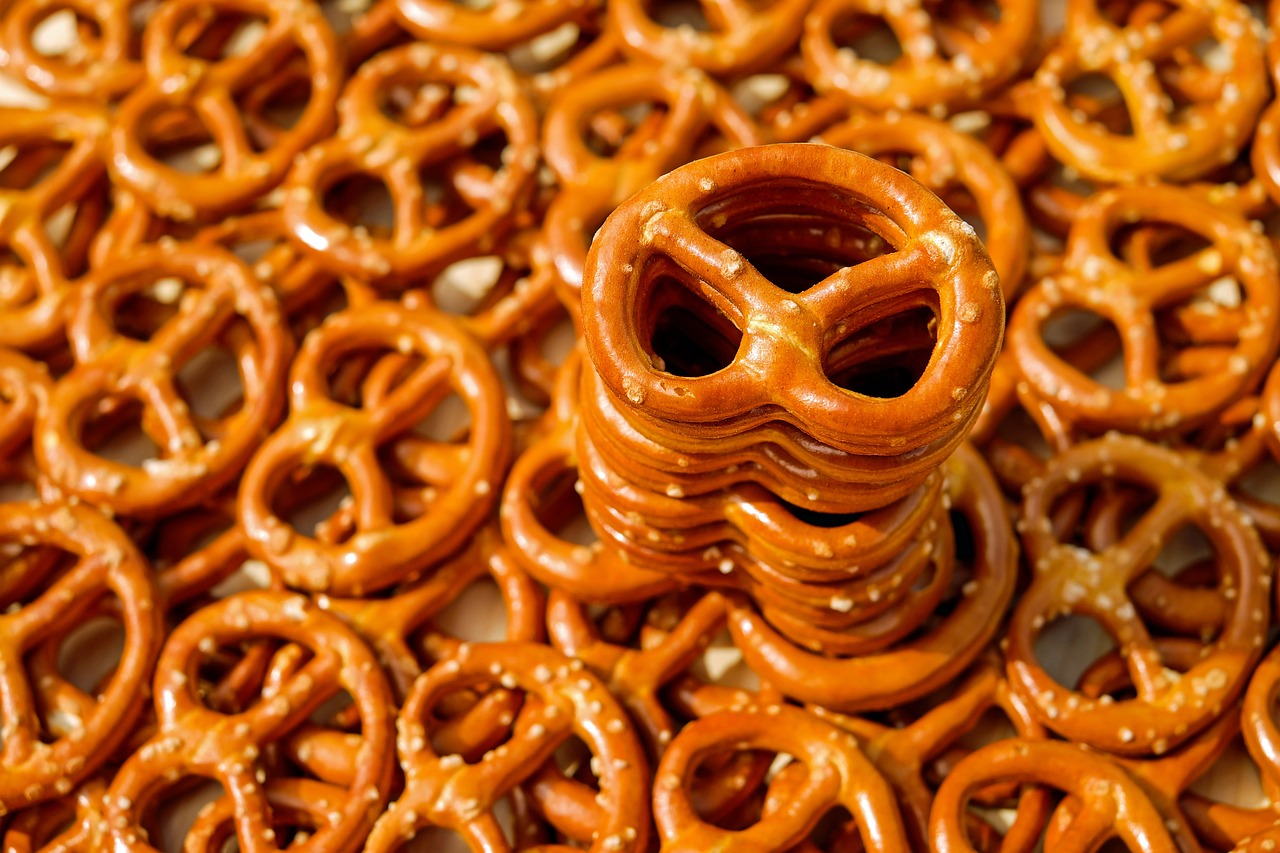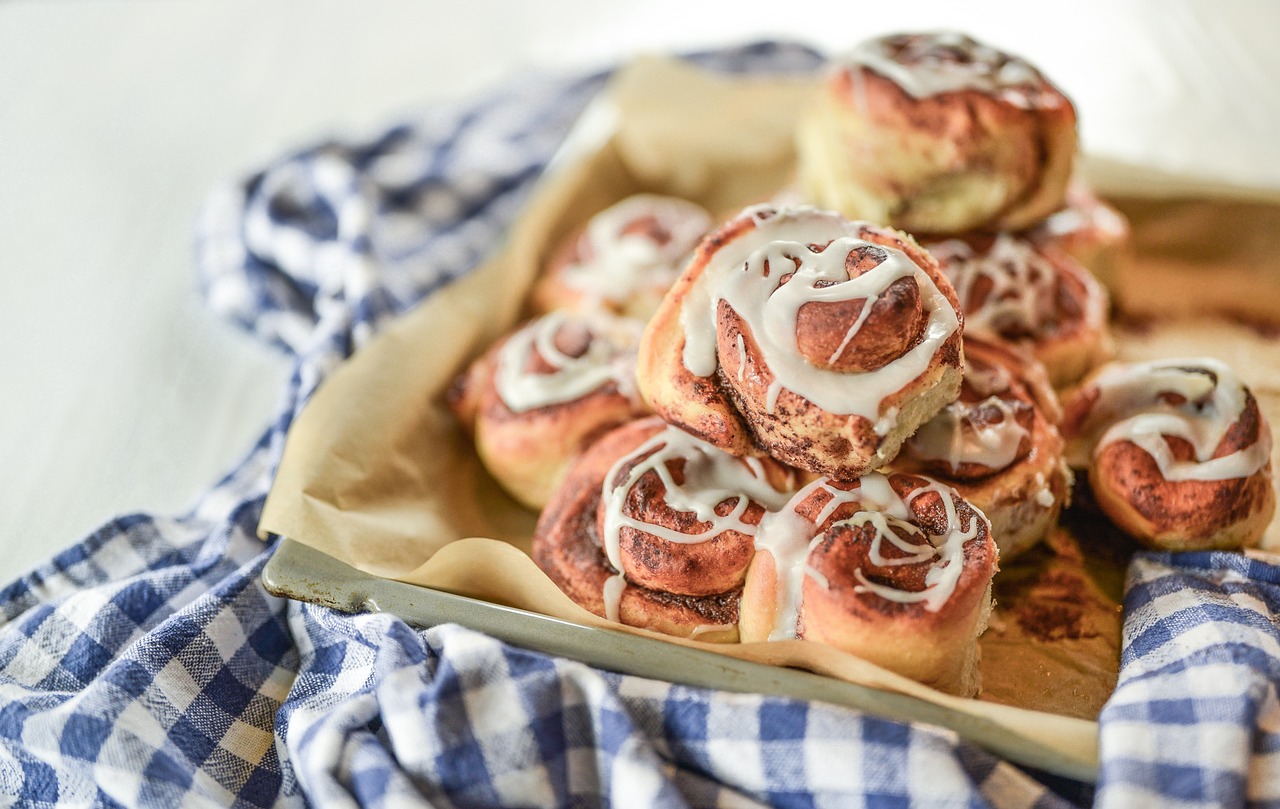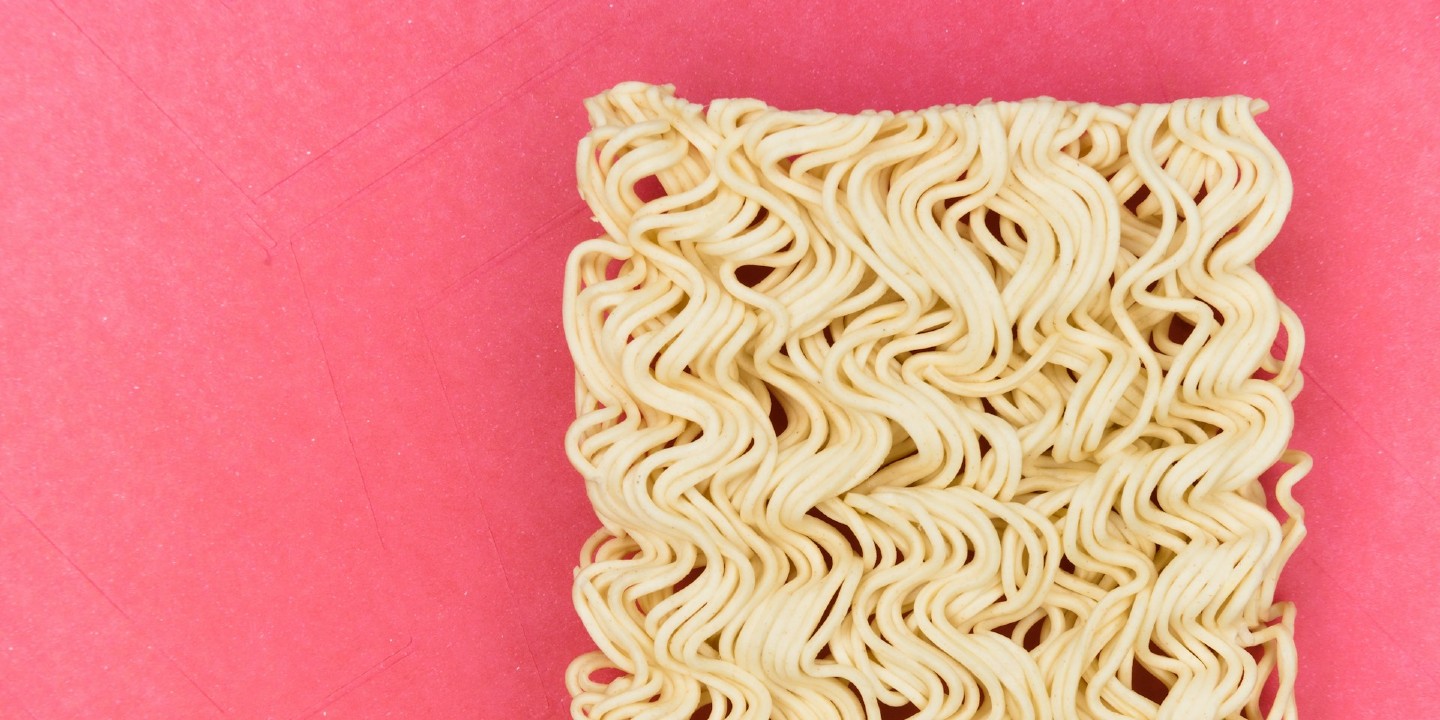As we age, our body's metabolism slows down, and our nutritional needs change. Certain foods can increase the risk of chronic diseases, lead to weight gain, and make it harder to maintain muscle mass. So, if you're looking to stay healthy, vibrant, and active as you step into the fabulous 40s and beyond, it's time to reconsider some of the foods in your diet.
1. Sugary Cereals
These breakfast options are often loaded with refined sugars and lack essential nutrients, leading to spikes and dips in blood sugar levels. Opting for whole grains instead can provide sustained energy and help maintain a healthy weight. Plus, high sugar intake is linked with an increased risk of type 2 diabetes and heart disease.
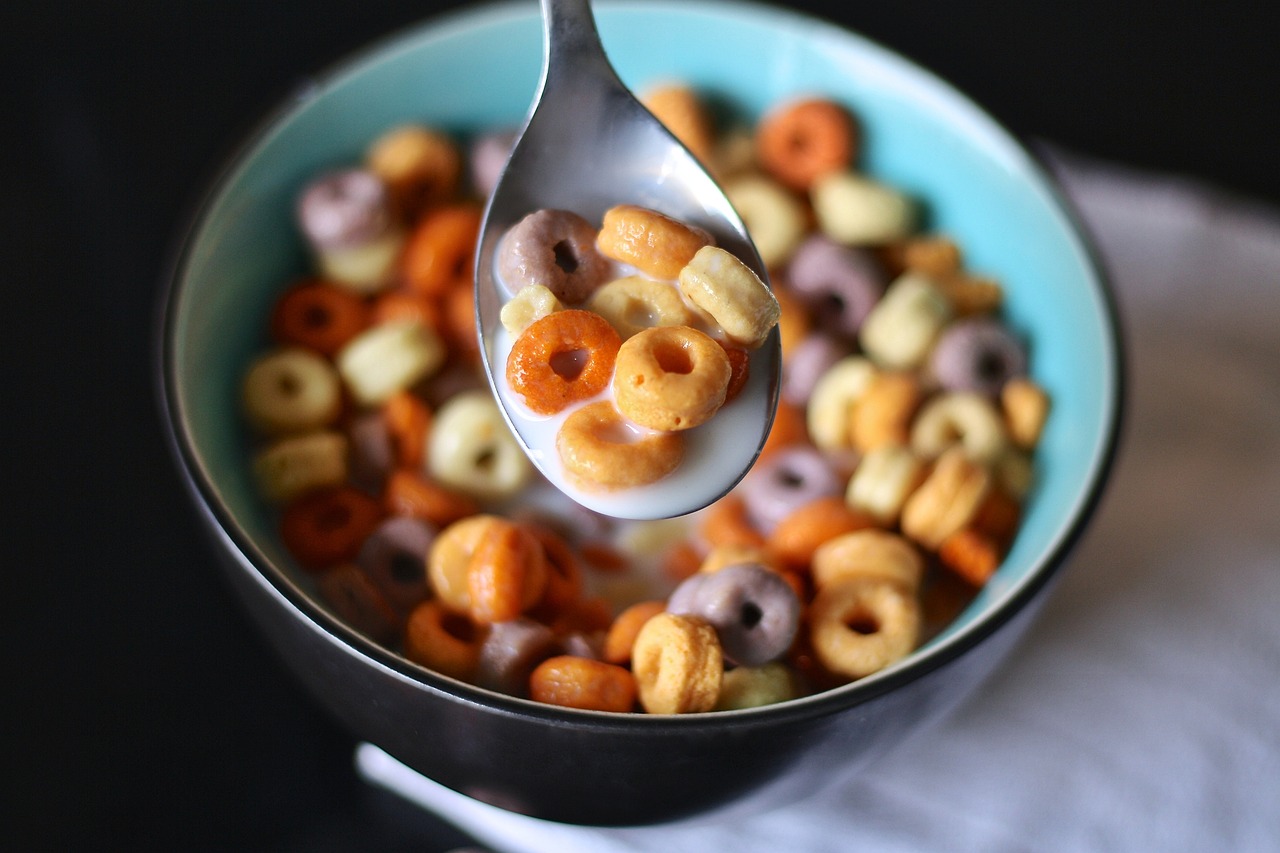 Image by Aline Ponce from Pixabay
Image by Aline Ponce from Pixabay
2. Processed Meats
Deli meats, sausages, and hot dogs are convenient but come with health risks. They're high in sodium and preservatives, which can elevate blood pressure and contribute to cardiovascular disease. Studies also suggest a link between processed meats and an increased risk of certain cancers. Choosing lean, unprocessed protein sources can support heart health and reduce cancer risk.
 Image by PublicDomainPictures from Pixabay
Image by PublicDomainPictures from Pixabay
3. White Bread
White bread is made from refined flour that can spike your blood sugar levels, leading to increased fat storage, especially around the midsection. It lacks the fiber found in whole grains, which is essential for digestive health and maintaining a feeling of fullness. Switching to whole grain alternatives can help manage weight and support cardiovascular health.
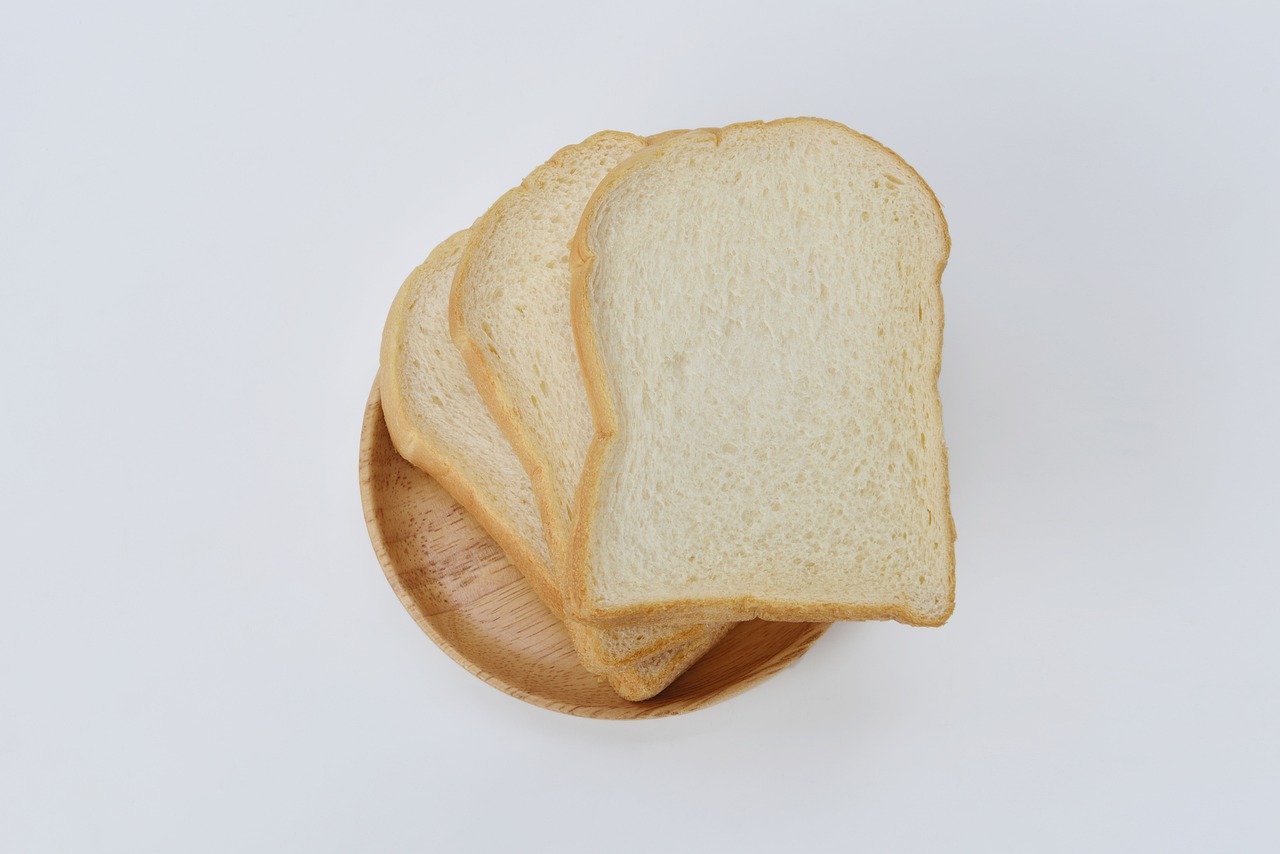 Image by Sornram Srithong from Pixabay
Image by Sornram Srithong from Pixabay
4. Soda and Sugary Drinks
These beverages are calorie bombs without nutritional benefits, contributing to weight gain and an increased risk of diabetes. They also promote tooth decay and can lead to bone density loss over time. Water, herbal teas, or infused water are healthier options that can keep you hydrated without the added sugar.
 Image by StockSnap from Pixabay
Image by StockSnap from Pixabay
5. Frozen Meals
While convenient, many frozen meals are high in sodium, preservatives, and artificial ingredients, which can increase blood pressure and harm heart health. They often lack sufficient nutrients and can leave you feeling unsatisfied. Preparing meals from scratch allows for better control over ingredients and portion sizes.
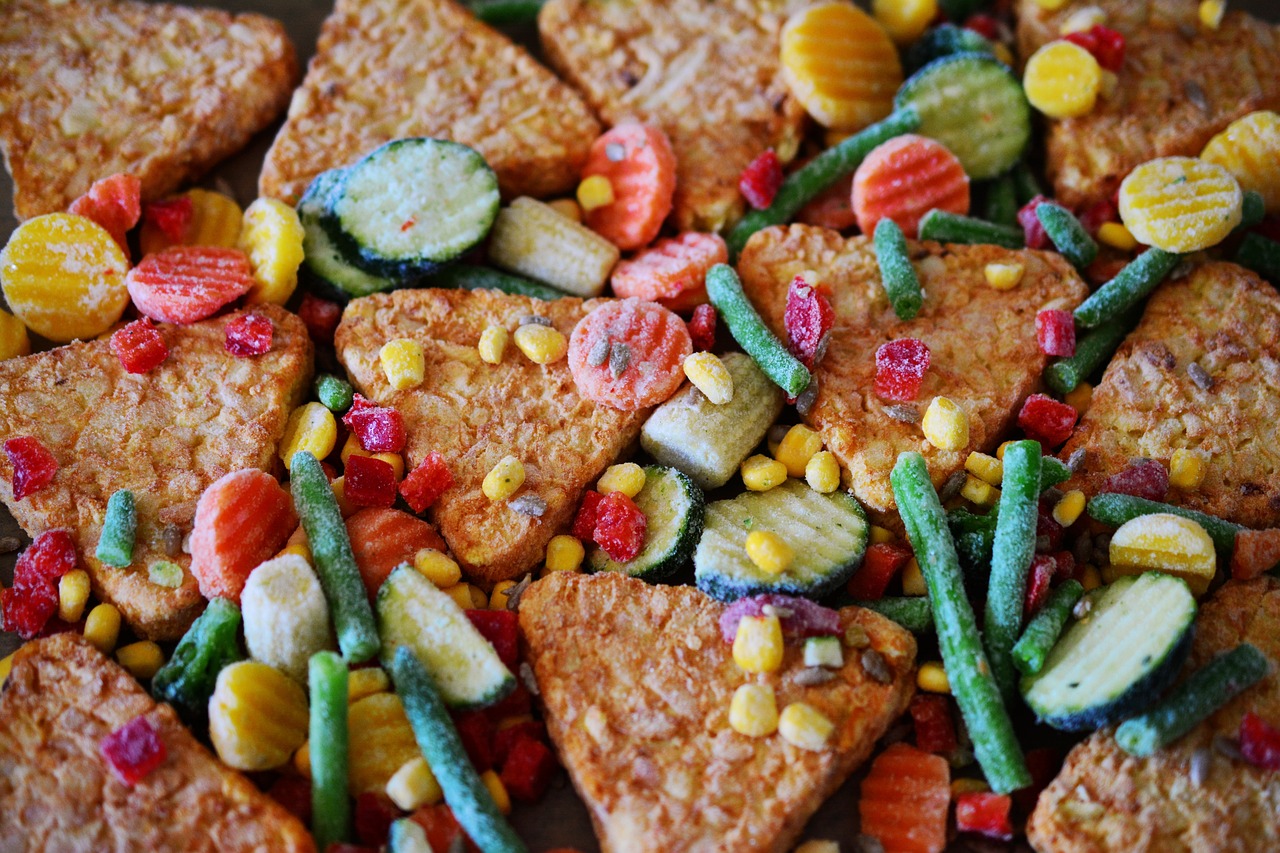 Image by congerdesign from Pixabay
Image by congerdesign from Pixabay
6. Margarine
Once touted as a healthy alternative to butter, margarine is often packed with trans fats, which can raise bad cholesterol and lower good cholesterol. This can lead to an increased risk of heart disease. Opting for healthier fats, like olive oil or even small amounts of real butter, can support heart health.
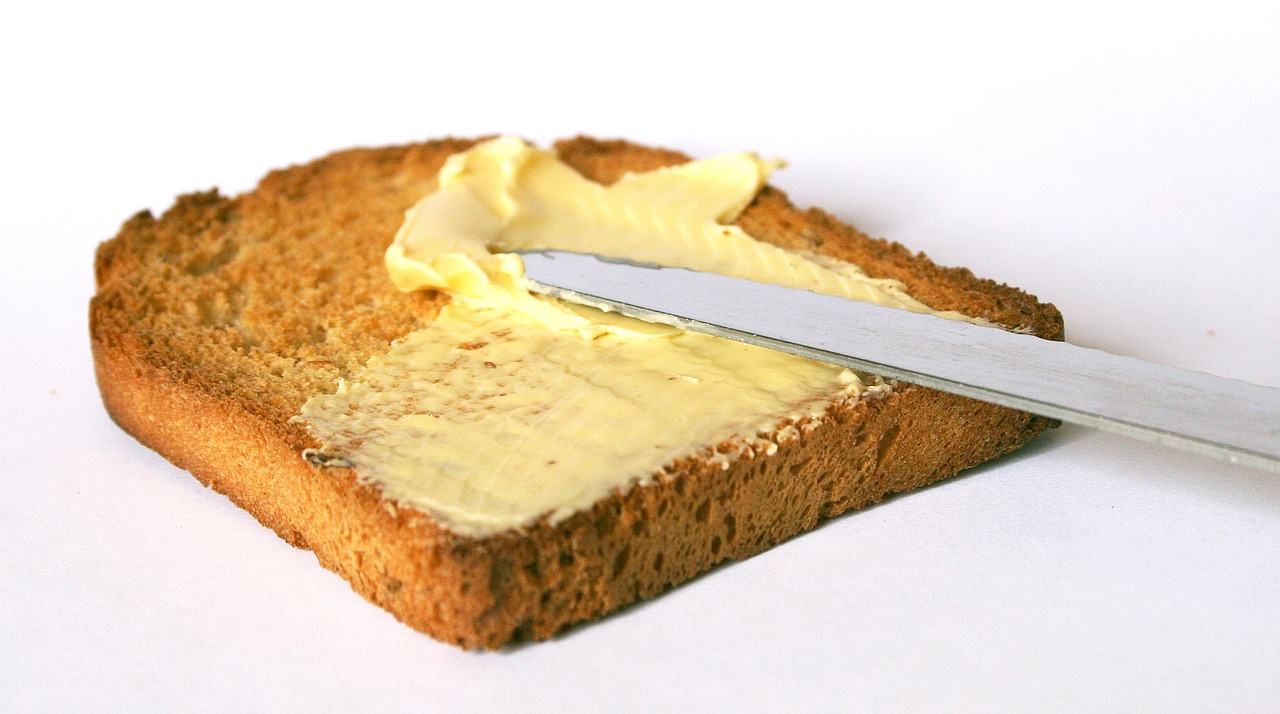 Image by lou_zeni from Pixabay
Image by lou_zeni from Pixabay
7. Fast Food
Fast food is typically high in calories, saturated fats, and sodium, all of which can contribute to obesity, heart disease, and hypertension. It's also low in essential nutrients, making it a poor dietary choice for those over 40. Cooking at home allows for healthier ingredient choices and portion control.
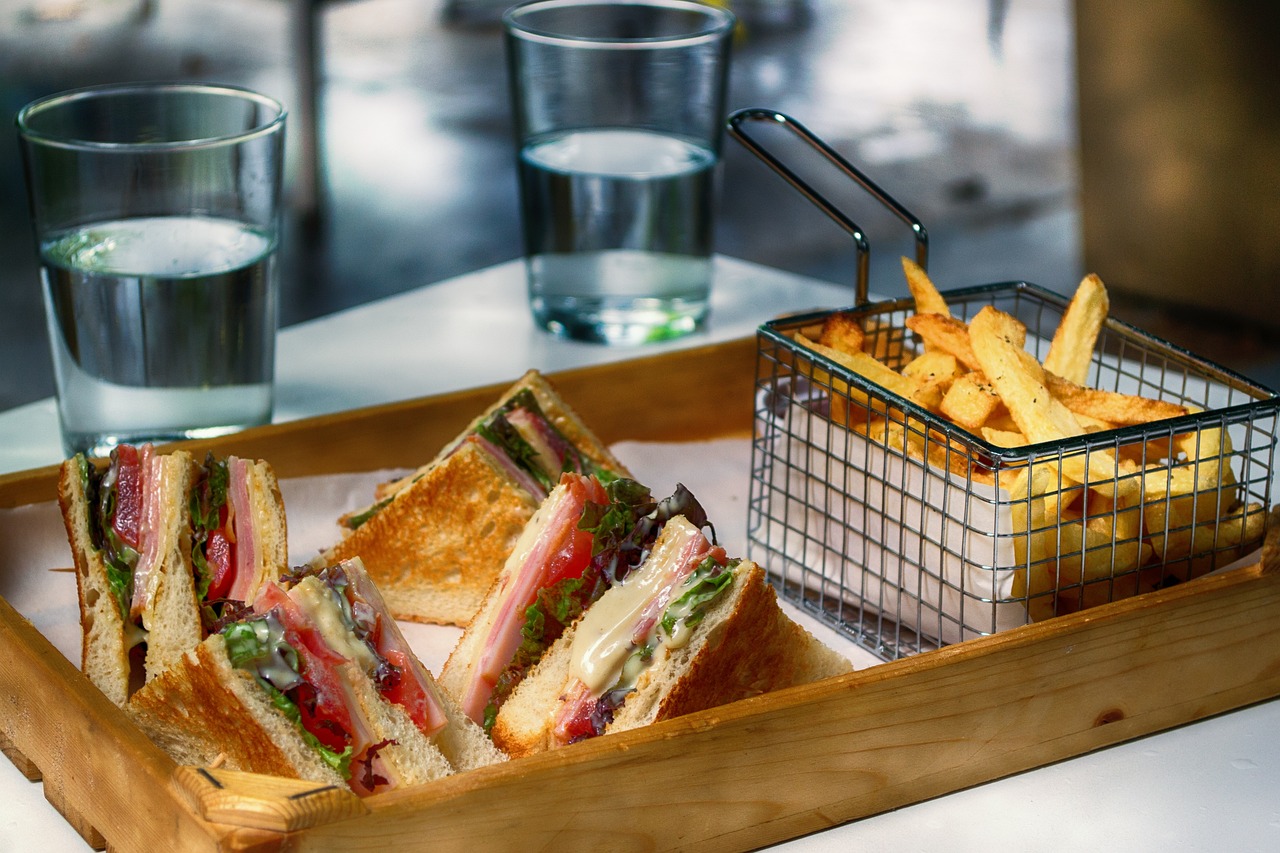 Image by DanaTentis from Pixabay
Image by DanaTentis from Pixabay
8. Artificial Sweeteners
While they may seem like a good alternative to sugar, artificial sweeteners can disrupt the body's natural ability to regulate calorie intake. Some studies suggest they may be linked to an increased risk of type 2 diabetes and cardiovascular disease. Natural sweeteners like honey or maple syrup are better in moderation.
 Image by Дарья Яковлева from Pixabay
Image by Дарья Яковлева from Pixabay
9. High-Sodium Snacks
Chips, pretzels, and other salty snacks can contribute to high blood pressure and water retention. They're often low in nutrients and high in calories, making them an unhealthy choice. Opting for unsalted nuts or homemade popcorn can satisfy the craving for a crunchy snack without the health risks.
10. Alcohol
While moderate drinking can fit into a healthy lifestyle, excessive alcohol consumption is linked with liver disease, certain cancers, and an increased risk of heart disease. It can also contribute to weight gain. Limiting alcohol intake or choosing lower-calorie options can help mitigate these risks.
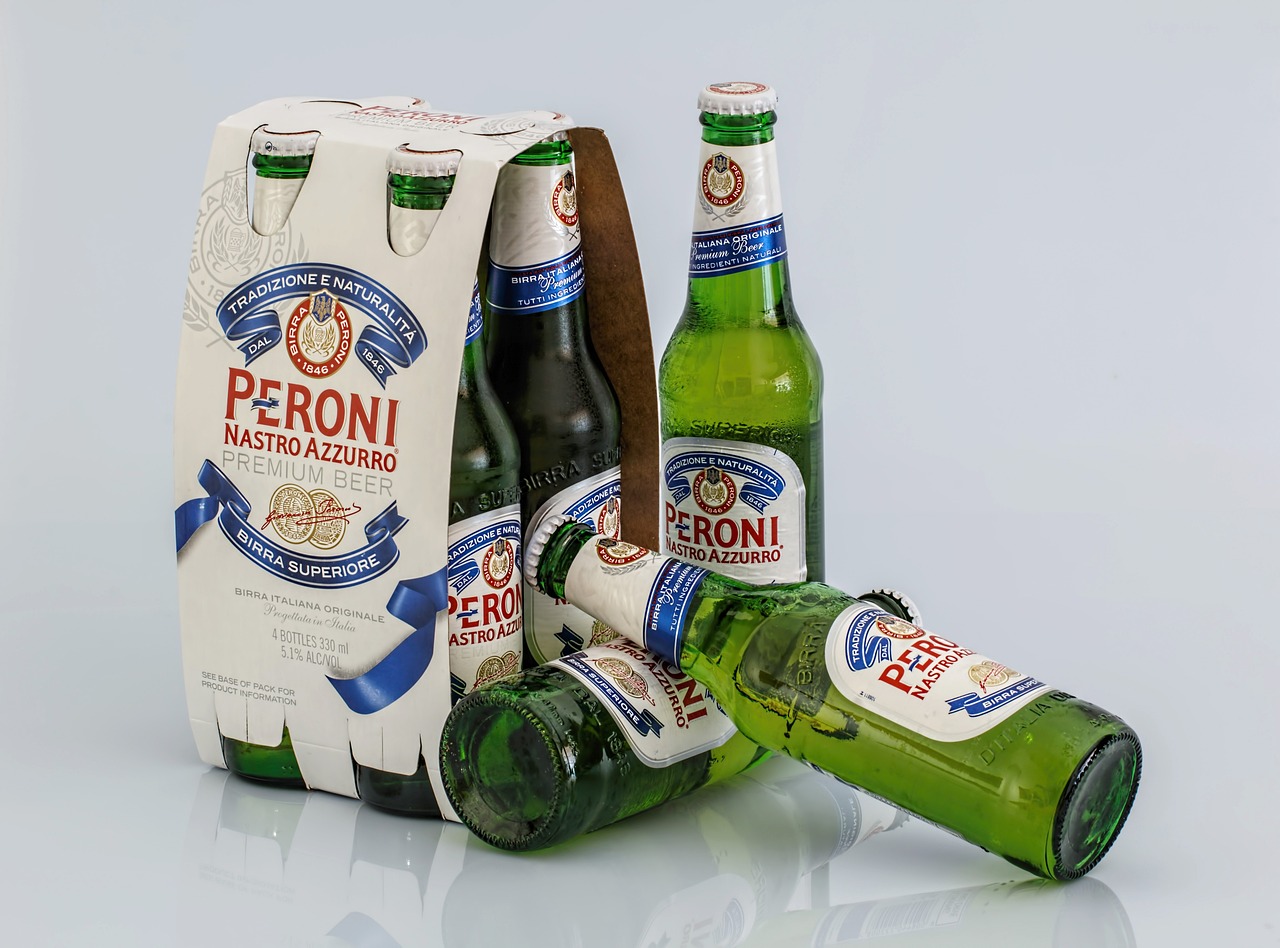 Image by Steve Buissinne from Pixabay
Image by Steve Buissinne from Pixabay
11. Heavy Cream
Heavy cream is rich in saturated fats, which can raise cholesterol levels and increase the risk of heart disease. It's also high in calories, contributing to weight gain. Using plant-based milk or light cream can provide a healthier alternative for your recipes.
 Image by Daniel Mena from Pixabay
Image by Daniel Mena from Pixabay
12. Candy
Candy is high in sugar and calories while offering minimal nutritional value. It can lead to weight gain and increase the risk of dental problems and chronic diseases like diabetes. Opting for fruit or dark chocolate with a high cocoa content can satisfy sweet cravings more healthfully.
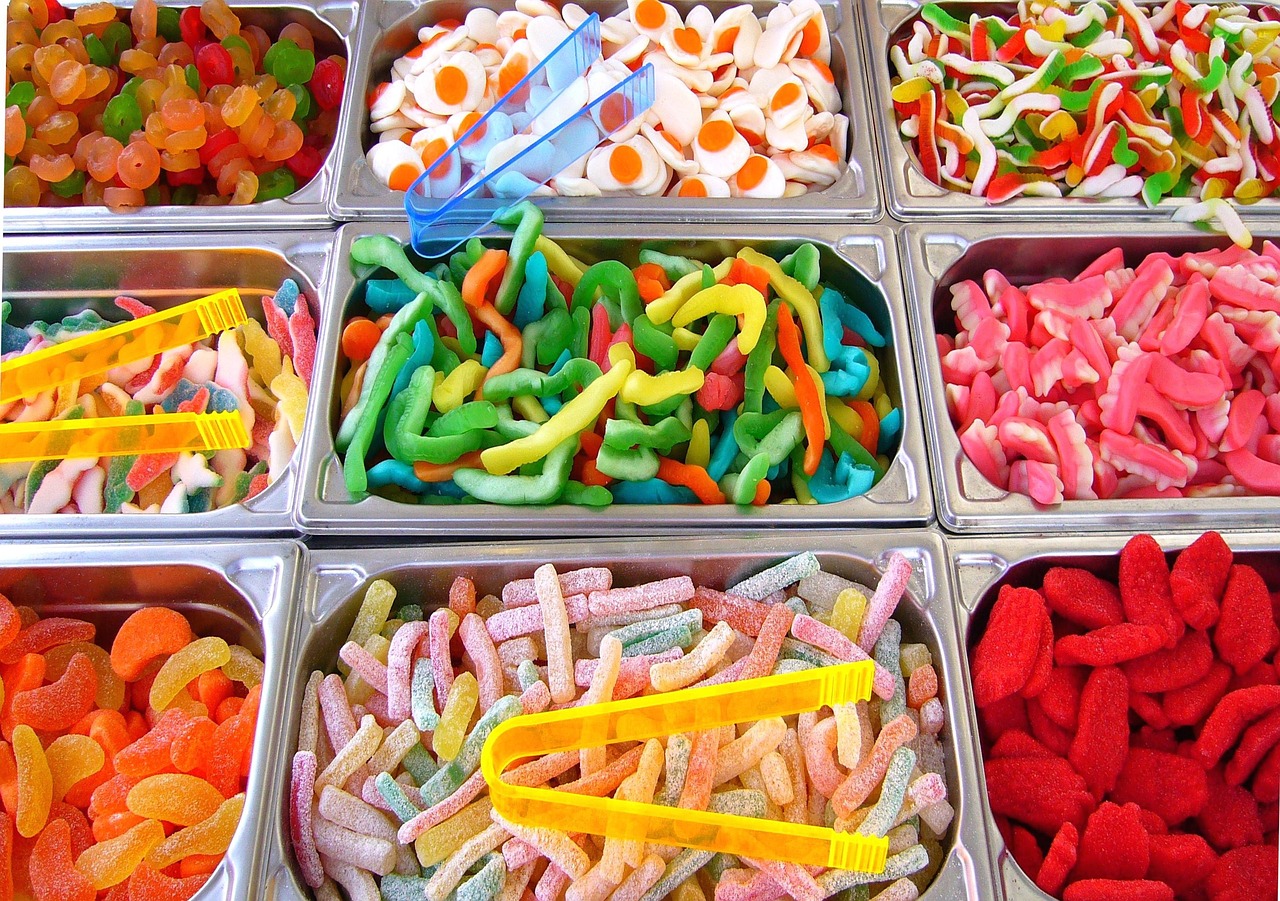 Image by Shirley Hirst from Pixabay
Image by Shirley Hirst from Pixabay
13. Energy Drinks
These drinks may seem like a quick way to boost energy, but they're high in caffeine and sugar, leading to energy spikes followed by crashes. They can also strain the heart and increase the risk of heart rhythm disturbances. Staying hydrated with water and getting adequate sleep are healthier ways to maintain energy levels.
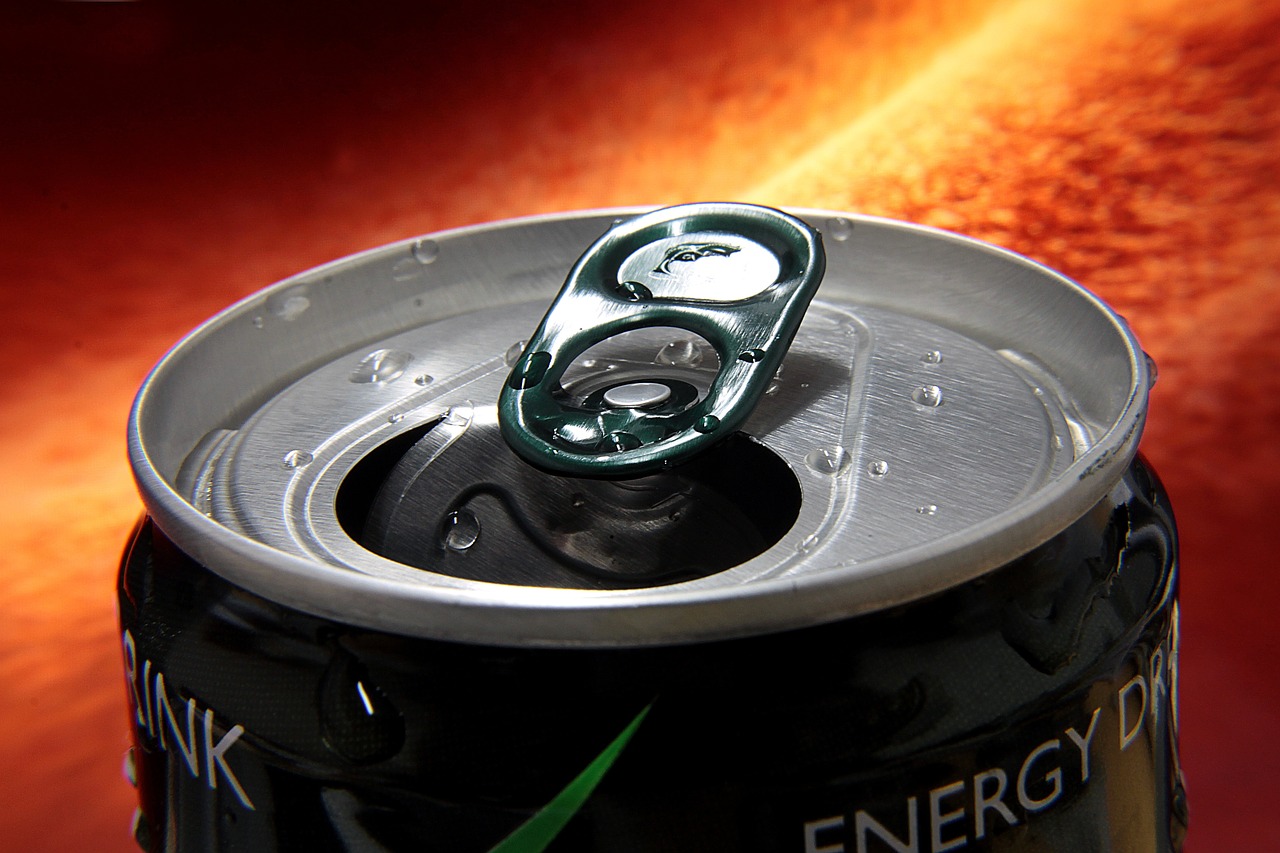 Image by Adriano Gadini from Pixabay
Image by Adriano Gadini from Pixabay
14. Deep-Fried Foods
Foods that are deep-fried are high in calories and trans fats, which can lead to weight gain and increase the risk of heart disease. They're also often coated in batter that's high in refined carbs, contributing to blood sugar spikes. Baking or grilling are healthier cooking methods that don't sacrifice flavour.
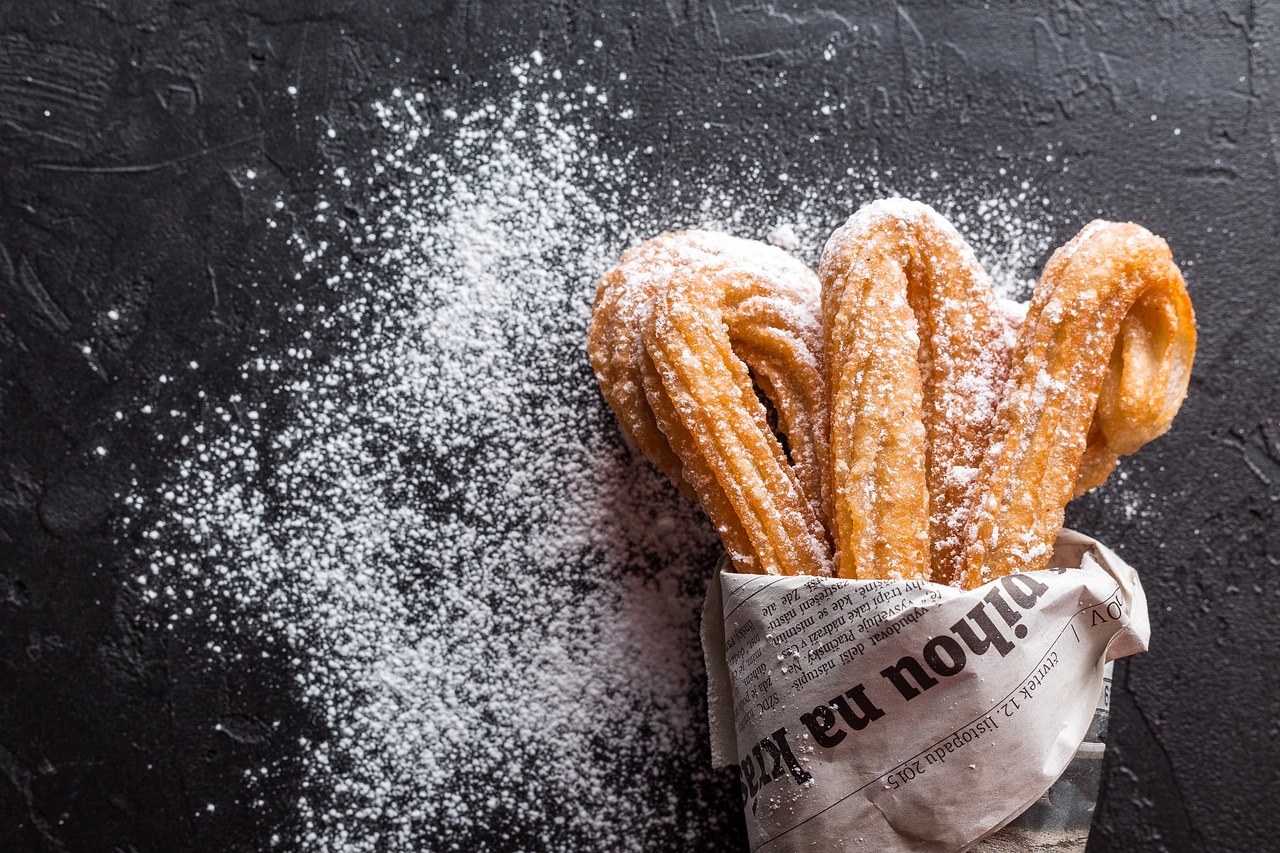 Image by Дарья Яковлева from Pixabay
Image by Дарья Яковлева from Pixabay
15. Store-Bought Pastries
Packed with sugar, refined flours, and unhealthy fats, store-bought pastries can sabotage your health goals. They contribute to weight gain and increase the risk of chronic diseases. Homemade treats using whole grain flours and natural sweeteners can be a better alternative.
16. White Rice
Like white bread, white rice has been stripped of its fiber and nutrients, leading to quick spikes in blood sugar. Incorporating whole grains like brown rice, quinoa, or barley can help maintain energy levels and support digestive health.
17. Canned Soup
Many canned soups are high in sodium, which can lead to high blood pressure and harm heart health. They may also contain preservatives and artificial flavors. Making soup at home allows you to control the ingredients and make a healthier, more nutritious meal.
 Image by PublicDomainArchive from Pixabay
Image by PublicDomainArchive from Pixabay
18. Flavoured Yogurts
Flavoured yogurts can be deceivingly high in sugar, undermining their health benefits. They can contribute to weight gain and an increased risk of diabetes. Choosing plain yogurt and adding fresh fruit or a drizzle of honey can provide the sweetness you crave without the added sugars.
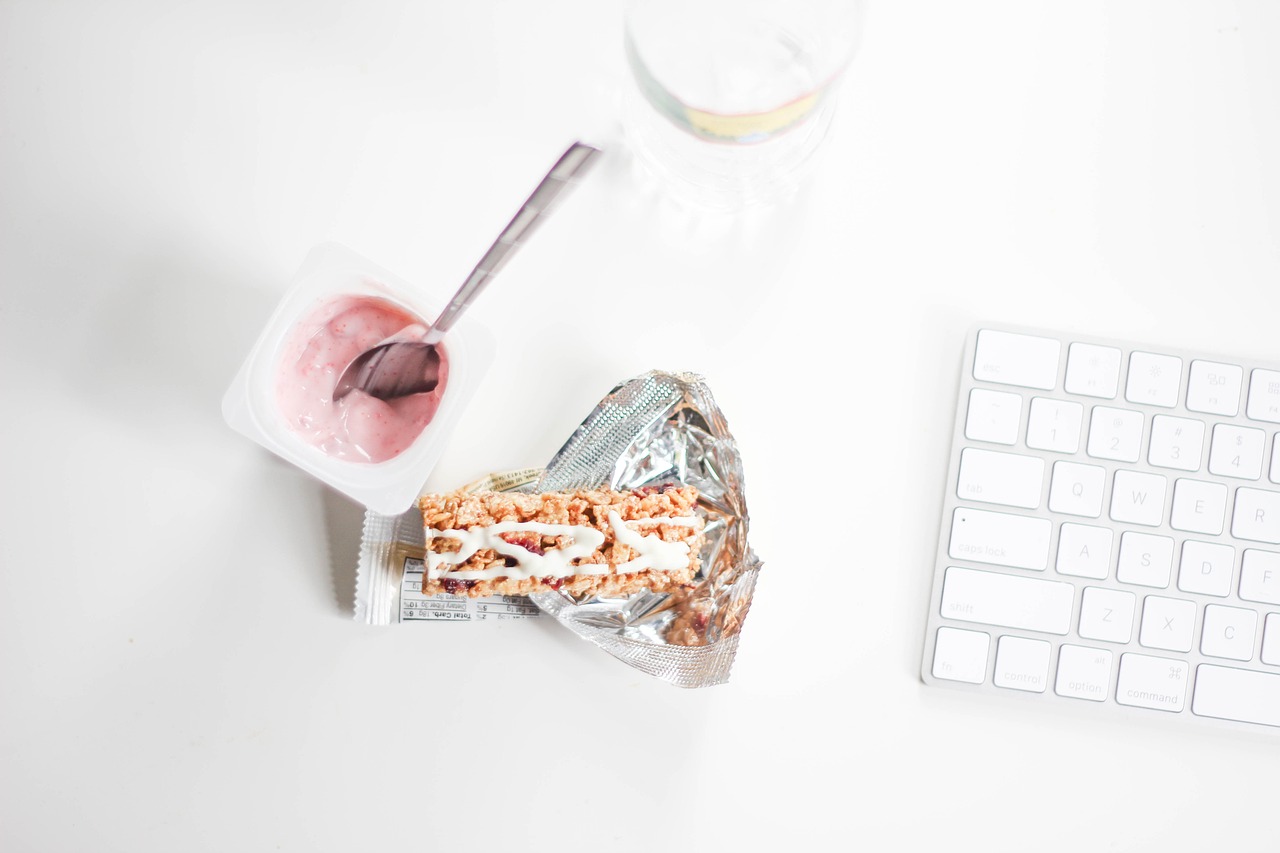 Image by StockSnap from Pixabay
Image by StockSnap from Pixabay
19. Instant Noodles
Convenient but unhealthy, instant noodles are high in sodium, preservatives, and often contain unhealthy fats. They lack essential nutrients and can lead to weight gain and cardiovascular issues. Preparing a quick stir-fry with whole grain noodles and vegetables is a healthier and still convenient option.
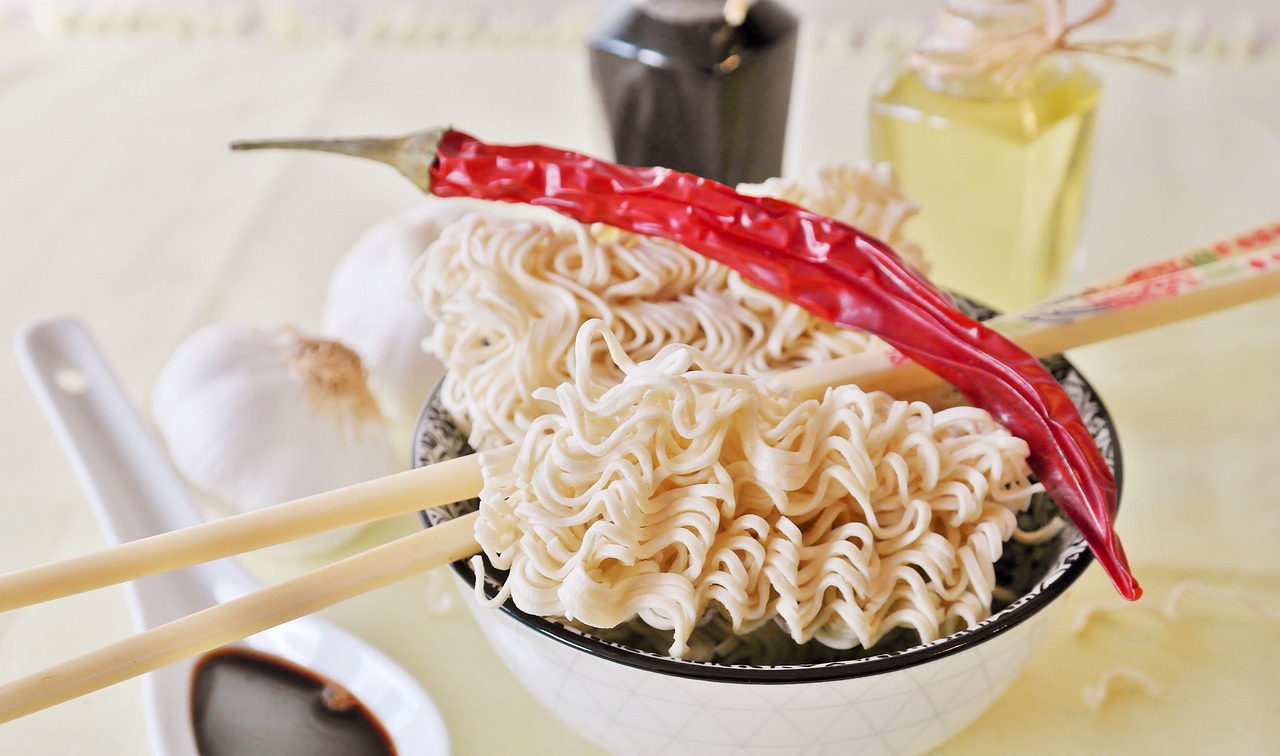 Image by -Rita-👩🍳 und 📷 mit ❤ from Pixabay
Image by -Rita-👩🍳 und 📷 mit ❤ from Pixabay
20. Diet Sodas
Diet sodas may not contain sugar, but they're filled with artificial sweeteners and chemicals that can have negative effects on your health. Some studies suggest they may be linked to an increased risk of stroke and dementia. Sticking to water, flavoured seltzers, or herbal teas is a safer bet for staying hydrated without the health risks.
 Image by Marco Schroeder from Pixabay
Image by Marco Schroeder from Pixabay


